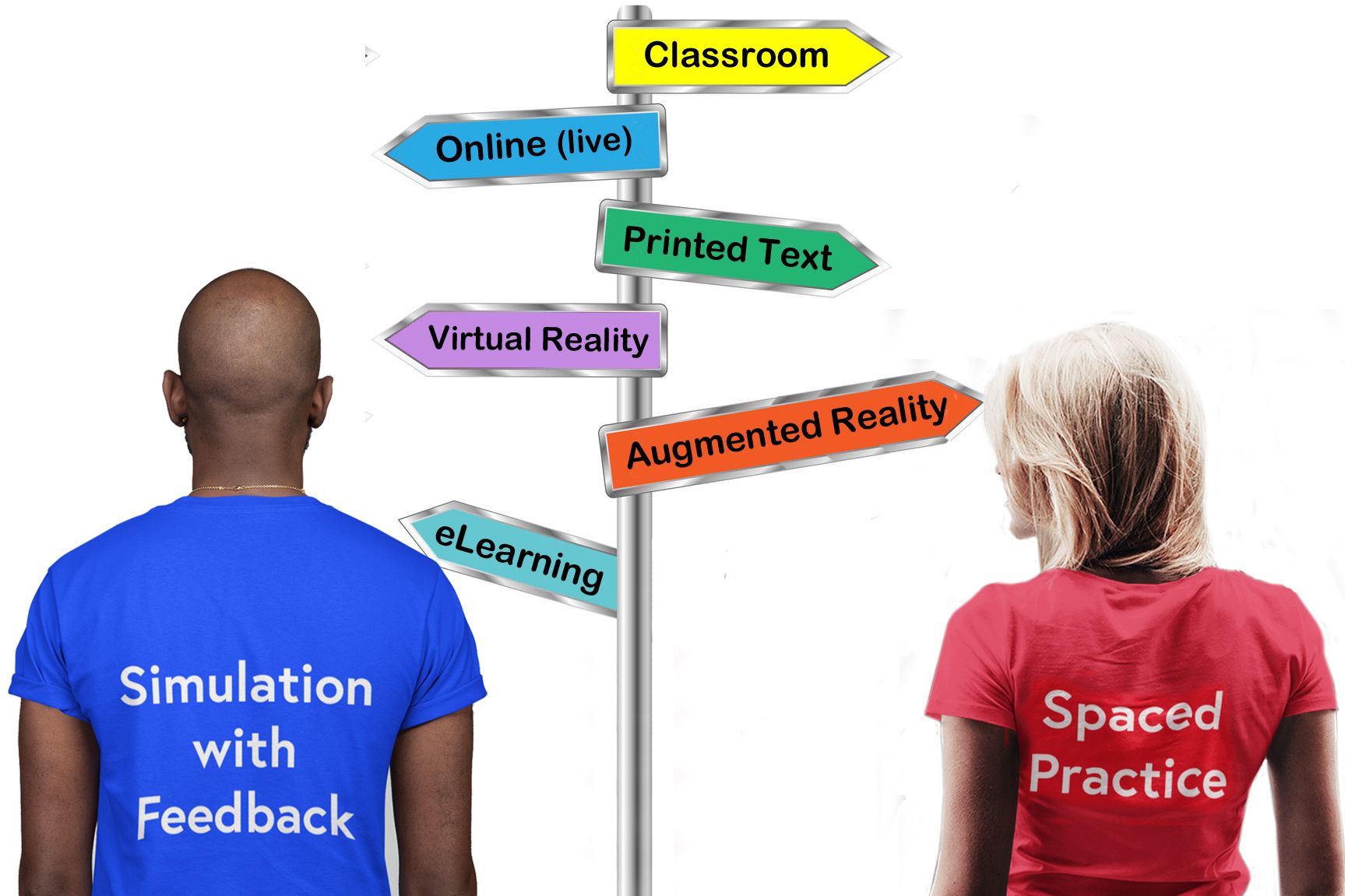Active learning versus passive learning
What is active learning? Active learning involves participants both physically and mentally. It usually involves some form of practice and feedback. This combination of activity and support grows strong mental …







